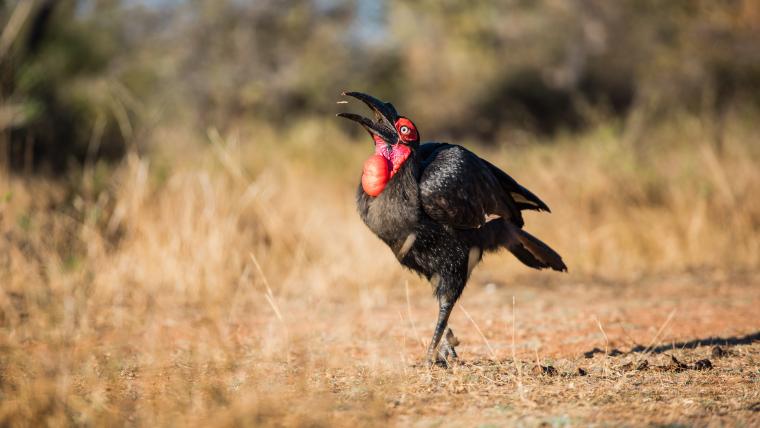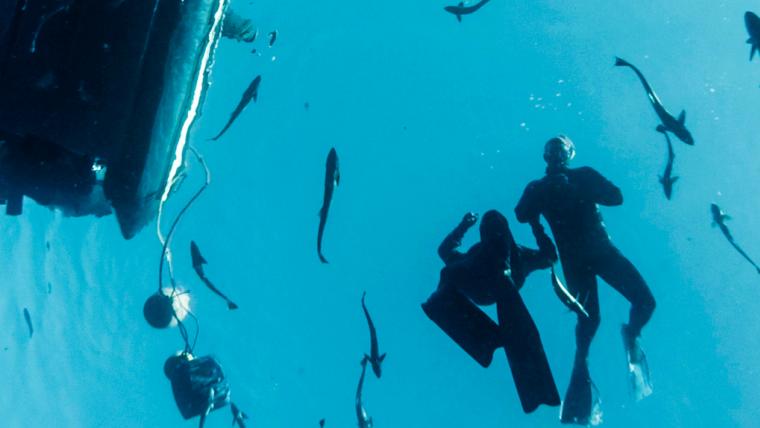
This Aboriginal activist is taking science back to its indigenous roots
Aboriginal people were among the first astronomers, chemists, and engineers in the world. But European settlers segregated education to the detriment of First Nations people. The repercussions are still felt today. Turning the tide on this restricted access to education is Corey Tutt, a Kamilaroi man from New South Wales.
“Books and resources change lives,” Tutt says. “I know they’ve changed mine.” As a young boy, Tutt’s uncle gave him a field guide about Australian reptiles that ignited his love for the Earth. Each job that Tutt had growing up was related to animals and the environment, from shearing alpacas to being a zookeeper. All the while, he was determined for indigenous kids to be able to develop a love for the natural sciences too. Tutt called up schools in outlying regions to find out about their STEM programmes, only to learn that they were sorely under-resourced.
Spurred into action, Tutt packaged and sent kilograms of his own books to these schools, eager for students to discover their spark for nature. “The inspiration comes from me being an indigenous man, a Kamilaroi man, and being told I couldn’t do things,” Tutt says. To date, over 16 000 books and more than 500 telescopes have been distributed to territories around the continent through his non-profit Deadly Science, including the Torres Strait communities off the northernmost tip of Queensland.
“Science should be available to anyone, no matter what background you’re from, where you’re from, and who you are,” Tutt says. In 2020, he was recognised for his efforts and won the New South Wales Young Australian of the Year award. By creating equal opportunities for indigenous children, the future of Australia teems with potential.






























Please sign in to leave a comment